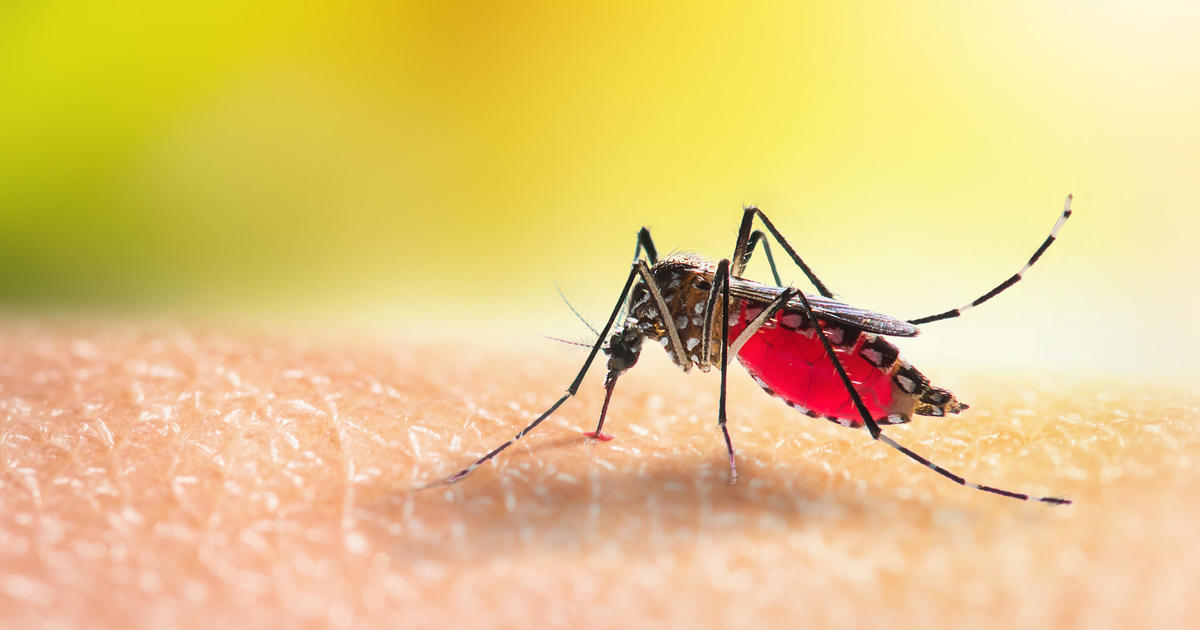Minn. Student's Science Fair Entry Gains National Attention
CHAMPLIN PARK, Minn. (WCCO) -- A Champlin Park senior's award-winning research may bring treatment for a disorder that affects millions of us.
For most of us, high school science class brings back memories of Bunsen burners and the Periodic Table. But a Champlin Park senior has taken his science class to another level.
In Champlin Park chemistry class, senior Travis Sigafoos explained his science fair entry, which has gained national attention and turned heads at the Intel International Science and Engineering Fair.
"My project is titled, 'A Spectrum of Triangulation: ADHD, Circadian Rhythmicity, and Bipolar Symptoms,'" said Sigafoos. "Basically, I am looking at ADHD, body clocks, as well as people's mood, energy and anxiety and how that comes together."
His work comes as no surprise to those who knew a boy who could research long before he could write.
"When I was in preschool, my teacher was just amazed because I had every single dinosaur name memorized to their scientific name," he said.
At the international science fair, he competed for the fourth year against 1,500 kids from 74 countries.
"It was really exciting. I won third place in the world for behavioral and social sciences," he said, adding that he was only one of 11 students who have competed all four years of high school.
Science Teacher Kevin Moholon, who runs the district science fair, and has mentored Sigafoos since ninth grade.
"Seriously, everyone knows him. He gets a crowd wherever he goes. He's just so good. He talks to judges, gets going, gets enthusiastic," said Moholon "What is doing know is definitely grad school level research I'm talking the statistics, all the math is he doing, it's way up there."
Sigafoos says the nine grade science project changed his view on the world.
"My whole perspective on science completely changed as I was exposed to these crazy projects people are doing from around the world, curing cancer doing these insane research projects," he said.
The Intel ISEF first place winner from Maryland showed 90 percent accuracy on a new way to detect pancreatic cancer, but Sigafoos is clearly in his element. He believes his work is only beginning, as he heads to Gustavus Adophus for college in the fall.
Sigafoos plans on majoring in biochemistry and molecular biology major with a concentration in neuroscience, along with a psychology focus.
At the science fair, he says also caught the attention of the Army and was offered a summer graduate level research job at Walter Reed in Maryland, where researchers are interested in his work on body clocks and sleep.
If that wasn't enough, Sigafoos received an honor from American Statistical Association as well.



